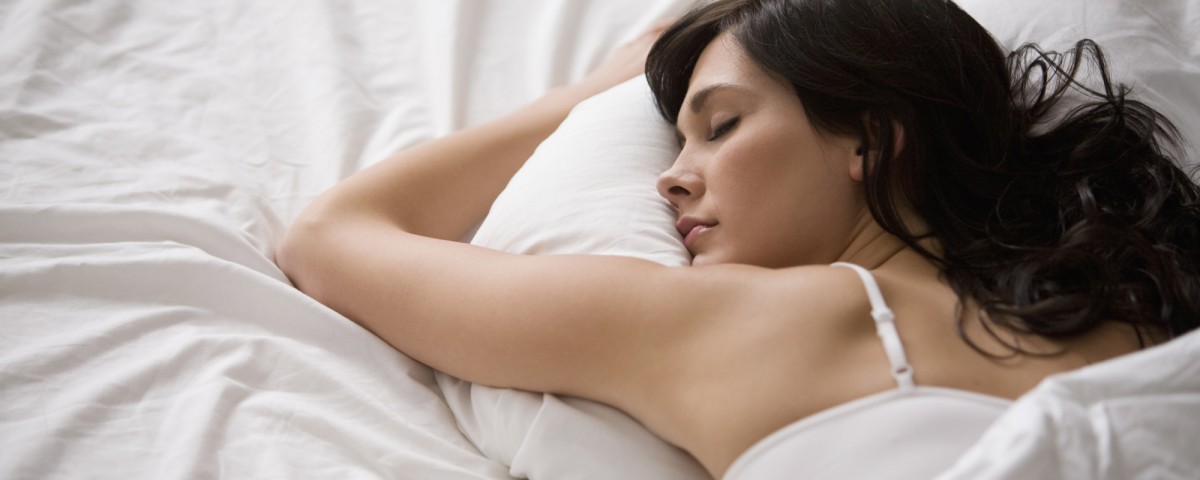- Call Us: 029 2000 2724

New wrinkle worry identified: Water bottle mouth
November 4, 2015
Lip Fillers: Natalie’s Story
May 23, 2016They call it “beauty rest” for a reason. A new study conducted by researchers at University Hospitals Case Medical Center has found a link between lack of sleep and poor skin quality. The clinical trial was commissioned by beauty giant, Estée Lauder and presented at a dermatology meeting in Edinburgh, Scotland this spring.
Discovering the link
Researchers evaluated the skin of these individuals and also conducted several “non-invasive skin challenge tests,” such as using UV light exposure to determine skin quality. They then gave each study subject’s skin quality a rating, and those with skin that looked older received higher marks.
Individuals who reported good quality of sleep were able to recovery from skin stress easier than those who didn’t sleep well. They also found that poor sleepers took longer to overcome sunburns, and they had an average skin rating more than two points lower than those who were able to get a good night’s sleep regularly.
What’s more, quality of sleep seemed to also have an impact on body-mass index. Only 23 percent of good quality sleepers were deemed obese, but for poor quality sleepers, that figure sat at 44 percent. Those who slept well also rated themselves as more attractive, while poor sleepers had a lower perception of self-attractiveness.
“This research shows for the first time that poor sleep quality can accelerate signs of skin aging and weaken the skin’s ability to repair itself at night,” said Dr. Daniel Yarosh, who was involved with the study. “These connections between sleep and skin aging, now supported with solid scientific data, will have a profound effect on how we study skin and its functions.”


